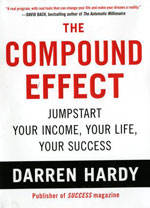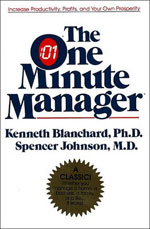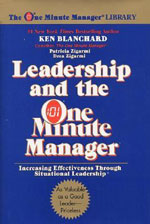 In 2010, Dave Brailsford faced the greatest challenge of his coaching career. No British cyclist had ever won the Tour de France, but, as the new Director for Great Britain’s professional cycling team, Brailsford was poised to tackle the challenge.
In 2010, Dave Brailsford faced the greatest challenge of his coaching career. No British cyclist had ever won the Tour de France, but, as the new Director for Great Britain’s professional cycling team, Brailsford was poised to tackle the challenge.
Brailsford’s strategy was quite simple. He embraced a concept that he referred to as the “aggregation of marginal gains.” The cycling coach believed that by identifying and analyzing every tiny aspect of an athlete’s performance and then making just a 1% improvement in each area, the athlete’s overall performance could be significantly enhanced.
Brailsford did things like optimizing the nutrition of his riders, their weekly training programs, the ergonomics of their bike seats, and the weight of their tires. His concept of “aggregation of marginal gains” has been making transformative ripples in athletics, academia, and many other areas.
Brailsford believed that if his team could successfully execute his strategy, they would be in a position to win the Tour de France within five years. They actually won sooner than that—three years later! In addition, Brailsford coached the British cycling team at the 2012 Olympic Games, and his team dominated the competition, winning 70% of the gold medals available. Many have referred to these British cycling feats as the most successful run of a team in modern cycling history.
In a newspaper interview, Brailsford was quoted as saying: “We’ve got this saying, ‘performance by the aggregation of marginal gains.’ It means taking the 1% from everything you do; finding a 1% margin for improvement in everything you do. That’s what we try to do from the mechanics upwards. If a mechanic sticks a tire on, and someone comes along and says it could be done better, it’s not an insult—it’s because we are always striving for improvement, for those 1% gains, in absolutely every single thing we do.”
The brilliant thing about Brailsford’s marginal gains concept is that it is very flexible while also being incredibly attainable. It provides accessible, precise, and useful language for achieving success in any pursuit. Not everyone can relate to the successes of Olympians, but we can all relate to making small positive changes over a period of time. By breaking down success into realizable “marginal gains,” all of us can move confidently toward success through our sustained efforts.
This principle resonates with me personally, especially right now while I’m training for the Leadville 100 mountain bike race in August. Several weeks ago, I completed my first long ride: 60+ miles and over four hours in the saddle. It was horrible! I arrived at the end of the ride terribly sore, dehydrated, undernourished, and dazed. Thank goodness I was riding with a group that recognized my difficulties, took care of me, and made sure I made it home safely. After I got home, I barely made it to my bed, where I slept for more than two hours as my body recovered.
The story doesn’t end there, thankfully! I am happy to report that this past weekend I completed another 60+ miles on the road—but this time it was nothing! I came home, went to Home Depot, and worked on my to-do list for the rest of the afternoon.
As I’ve been reflecting on my progress, I’ve realized that over the past few weeks I’ve made small, deliberate, incremental improvements in my training, nutrition, and recovery process. With good coaching and a balanced approach to my training (tackling crossfit, cycling, running, and swimming on a rotating basis), I’ve been able to achieve longer hours in the saddle while simultaneously lessening the negative after effects.
Although I still have a long road ahead of me to prepare for the big race, I know my commitment to making marginal gains in all areas of my training will pay off. I am determined to achieve my goal of finishing the Leadville 100 in under 12 hours!
Think about how you can apply this principle to your own life. Where could you be one year from now with your sales results if you commit to improve your selling skills and clinical abilities by just 1% each and every day? Do you need to try twice as hard and twice as long? Absolutely not! Just improve 1% each day.
Remember: greatness is never predetermined; rather, it results from a series of choices. Greatness is always achieved in the moment of a decision—when we are presented with a series of choices. Neither success nor failure is instantaneous; both are direct byproducts of the decisions we make each day, each hour.
To create success in sales, to accomplish anything worthwhile in life, you do not have to do the extraordinary. But you must do something, and you must start somewhere.
I am asking each one of you to commit to getting better by 1% every day. Will you do it?


















Sean – Great post this week, Very inspirational and applicable in both our personal and professional lives.
Thanks Brian for your kind words! You are a great example of someone who is always looking to improve!
Pingback: The Process Is Greater than the Goal